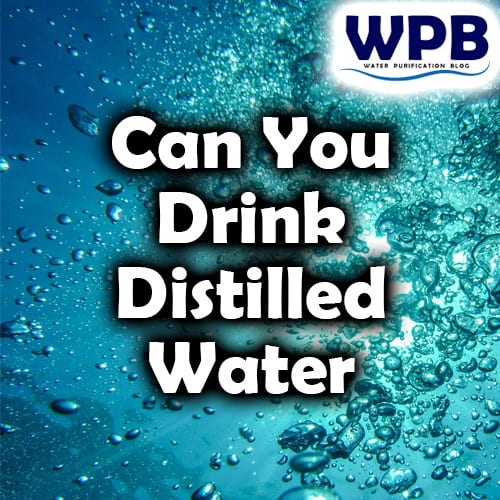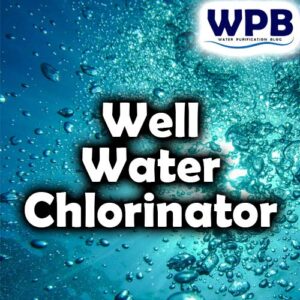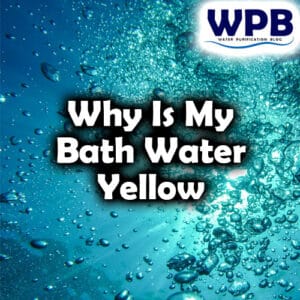Is Distilled Water Safe to Drink? Here Are the Facts
When it comes to choosing the right type of water for hydration, even today there are some unresolved questions.
There are many types of water that can be used such as drinking water, artesian water, spring water, filtered or purified water, and alkaline water, distilled water is one that frequently raises some concerns.
Is distilled water safe to drink, or should You avoid it?
Table of Contents
Can You Drink Distilled Water: Common arguments for and against
Arguments in Favor of Drinking Distilled Water
Consuming distilled water lacks essential nutrients
Distilled water is among the purest forms of water available. It undergoes a distillation process, removing impurities and contaminants, making it safe for consumption.
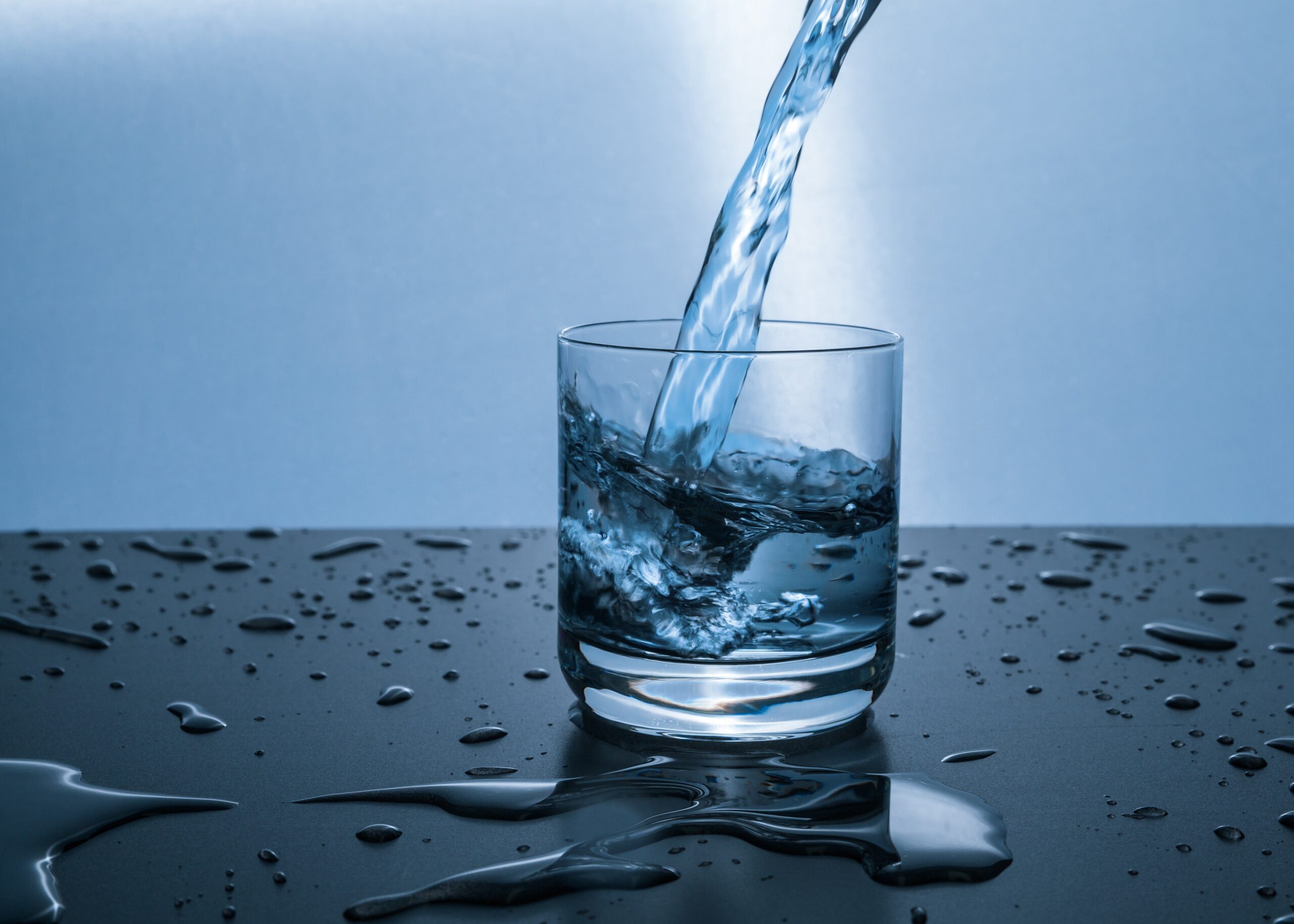
Distilled drinking water is free of harmful chemicals, organic compounds, volatile organic compounds, dissolved inorganic minerals, and other harmful contaminants.
Detoxification
Drinking distilled water can aid in detoxifying the body by removing toxins and heavy metals. However, this argument is met with skepticism from medical experts.
Neutral pH
Distilled water typically has a neutral pH level, which some people prefer over water with added minerals, as it doesn’t alter the body’s pH balance.
Arguments Against Drinking Distilled Water
Mineral depletion and the lack of essential nutrients
Critics argue that distilled water lacks essential minerals like calcium and magnesium, which are beneficial for health. Consuming water without these minerals may lead to mineral deficiencies over time.
Risk of Acidosis
Some experts caution that excessive consumption of distilled water could disrupt the body’s electrolyte balance, potentially leading to a condition called acidosis, characterized by an excess of acid in the bloodstream.
Taste and Palatability
Distilled water is often criticized for its flat taste, which many find unappealing. The lack of minerals can affect the flavor, making it less enjoyable for some individuals.
Energy consumption
Water distillation can be energy-intensive and this is why there are more cost effective solutions for getting purified water from tap water.
Slow process
Compared to other purification methods, distillation can be slower.
The Water Distillation Process and How To Distill Water (Explained)
What is water distillation?
Water distillation is a method of purifying water by heating it to create steam and then cooling that steam to collect the pure water.
It’s a centuries-old technique that remains highly effective in producing clean and safe drinking water.
Basic principles of producing distilled water
At its core, distillation relies on the fact that different substances have different boiling points. By boiling water, we can turn it into steam, leaving behind impurities and contaminants.
The role of heat and evaporation
To initiate the distillation process, heat is applied to the water, causing it to evaporate. This vapor rises, leaving impurities behind, and is then condensed back into a liquid form.
Condensation and collection
The condensed vapor is collected and stored, resulting in pure, distilled water. This process effectively separates water from contaminants, minerals, and other dissolved substances.
Common Uses of Distilled Water
The Iron’s Best Friend
You know that trusty old steam iron sitting in your laundry room? Well, it wouldn’t be half as reliable without distilled water.
When you use tap water, it leaves mineral deposits that can clog the iron’s steam vents. Distilled water, on the other hand, is mineral-free, ensuring your clothes stay wrinkle-free.
Crystal-Clear Windows
Tired of those pesky streaks on your windows after cleaning? Distilled water to the rescue! Its purity makes it perfect for cleaning glass surfaces without leaving any residue behind.
Battery Support
Remember that car battery you rely on to get you from point A to B? It needs distilled water.
Adding it to lead-acid batteries helps maintain their performance and longevity, ensuring you won’t get stranded in the middle of nowhere.
Distilled Water For Plants
Using distilled water for your plants can prevent the build-up of mineral deposits in the soil, allowing your green friends to flourish without the hindrance of impurities.
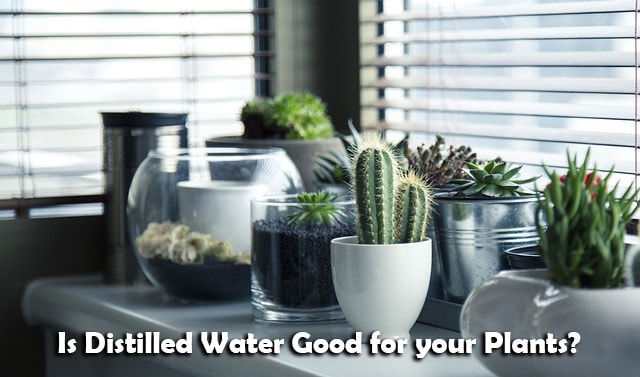
Distilled Water in Science
Precision Laboratory Work
In the world of science, precision is paramount. Laboratories use distilled water in experiments, chemical analysis, and even to clean delicate equipment. It guarantees a pure environment where variables can be controlled with the utmost precision.
Medical Uses
Ever wondered how hospitals maintain their sterilized environments? Distilled water plays a vital role in sterilizing medical equipment, ensuring patient safety during surgeries and treatments.
It’s also used in dialysis machines, where the utmost purity is required to filter toxins from patients’ blood.
Coolants and Condensers
In industrial applications, distilled water takes center stage as a coolant and condenser in power plants and manufacturing facilities. Its purity helps prevent corrosion and mineral buildup in crucial machinery.
Drinking Distilled Water vs. Filtered Water: What’s the difference?
Distilled water is 100% pure, containing no minerals or impurities. Filtered water, while significantly cleaner than tap water, may still contain trace amounts of minerals and contaminants.
Distilled water has a neutral taste and no odor, making it ideal for applications where taste neutrality is essential. Filtered water often has an improved taste and lacks the chlorine odor found in tap water.
Distilled water’s lack of minerals may not be suitable for long-term consumption, as it may lead to mineral deficiencies. Filtered water, with its retained minerals, can be a healthier choice for regular drinking.
Distillation consumes more energy compared to some filtration methods, and it generates waste from the removed impurities. Filtered water systems can be more environmentally friendly in this regard.
Choosing the Right Option
When choosing between distilled and filtered water, consider your purpose. If you need water quality for medical or industrial use, distilled water may be the better choice. For everyday drinking and cooking, filtered water with improved taste and retained minerals is often preferred.
Investing in a home filtration system can provide a convenient and cost-effective solution for obtaining clean water. Consider your budget, maintenance requirements, and the convenience of each option when deciding.
Alternatives to drinking distilled water
Reverse osmosis water purification systems
Reverse osmosis systems are a popular method for purifying water from private drinking water systems
or tap water. It is the easiest option to lower total dissolved solids value and make water safe to drink.
Filtration
Learn about water filtration systems and how they compare to distillation.
UV purification
UV water purification will make well or tap water microbiologically safe, but it will not change it’s mineral content. If You want to remove or lower the quantity of dissolved substances, another way of water purification is also needed.
Bottled water
You can always opt to drink bottled water, and drink mineral water regularly.
Conclusion: Can You Drink Distilled Water or Will Distilled Water Kill You?
Yes, distilled water is safe for consumption. In fact, it is one of the purest forms of water available.
Many people use it for various purposes, such as in household appliances, laboratory experiments, and even in medical settings.
However, when it comes to drinking it regularly, there are some factors to consider.
FAQs:
Q1: Is distilled water the same as purified water?
No, they’re not the same! Purified water undergoes filtration and purification processes, but it may still contain trace minerals. Consuming harmful chemicals is still possible, as they can not be removed 100% from your water supply.
Distilled water, on the other hand, is created by boiling water and collecting the vapor, leaving behind all harmful dissolved solids, other impurities and minerals, even dissolved carbon dioxide.
Q2: Can I drink distilled water?
While distilled water is safe to drink, it’s not recommended for regular consumption.
It lacks beneficial minerals that are important for your health. Drinking distilled water can even have a minor leaching effect on your body, as it tries to balance the electrolytes.
Q3: How is distilled water made?
Distilled water is produced through a process called distillation. It involves heating water to create steam and then cooling the steam back into a liquid.
This process removes impurities and minerals, resulting in pure distilled drinking water.
Q4: Can I make distilled water at home?
Yes, you can! You’ll need a distillation water system, which usually includes a heating element, a condenser, and collection containers.
It’s a bit more complicated than just boiling water, but it’s doable for those who are up for the challenge.

Who am I?
I am working as a water treatment technical manager and I have more than 25 years of practical experience in water purification.
Water purification expert
After many years of experience in water purification, I want to share some of my knowledge and get people to know the real importance of water quality.
Water purification and water treatment are very complex themes, so it is important to explain them in an easy-to-read way.
On this blog, you will find many understandable, easy-to-read information about water purification.
I hope you enjoy it, find some useful information, and thank You for reading.
More info on my work and my expertise on water purification can be found on my LinkedIn profile.

